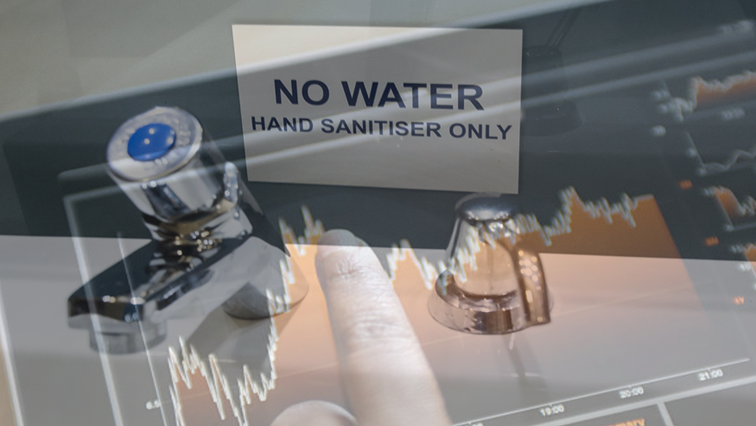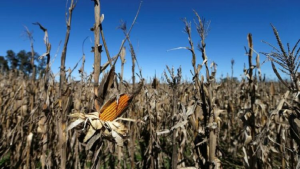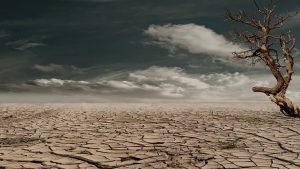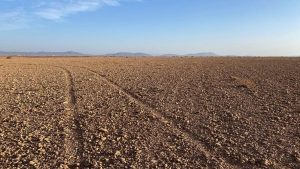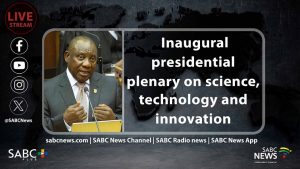Technology company SAS believes better use of technology could help South Africa manage its water resources amid one of the most severe drought in recent history.
Using advanced data analytics, it is now possible to collect data about how South Africans use water on a more frequent basis.
South Africans generally receive data about their use of water at the end of the month when their water bill arrives. Using advanced analytics and Automatic Meter Reading (AMR) systems, it is now possible to know, in real-time, when a consumer’s water usage spikes.
The country has had a rollout of water meters that are enabled with Automatic Meter Reading (AMR) systems. This enables municipalities to collect data remotely and at a more frequent basis.
To date, municipalities in South Africa use the data mainly for billing purposes. SAS believes the AMR technology can help municipalities to use the data more effectively.
SAS South Africa Senior Business Solutions Manager Haroon Suliman says the country needs to look at multiple approaches in the fight against the drought.
“So typically, someone would go out to a household, there’s be a meter, they’d take a reading , and bring that back, log it into a system and a bill would be generated accordingly – and that’s one touch point within a month,” says Suliman.
By collecting and using data on a more frequent basis, municipalities would be able to notify consumers if there is a sudden increase in water consumption in their property that may be out of the norm.
“What smart meters and these kind of infrastructure allows us to do is collect data on a much more frequent basis – sometimes every minute, hourly, weekly at this various touch points and intervals.” Suliman continues.
Suliman says municipalities could send an automated alerts via SMS to consumers in a similar way that cellphone providers send alerts to their customers when their usage suddenly increases.
Government continues to look for better ways to save water and help consumers to use the scare resource more sparingly
Johannesburg Water’ s (JW) communications and marketing manager Issac Dhludhlu says the city is already taking advantage of the technology in the AMR enabled water meters.
“Currently Prepaid Water meters are Mobile AMR enabled, this simply means through a drive by system we are able to collect data from the meters,” says Johannesburg Water ( JW) communications and marketing manager Issac Dhludhlu.
The data can be used to gain insight and understand usage behaviour. Municipalities can then use this to make predictions.
“The data analytics part assist JW in ensuring that we manage and reconcile revenue,” says Dhludhlu.
Dhludhlu says the JW also uses the data collected to measure consumption patterns.
“We can start mapping out consumption in relation to the system input in relation to what is consumed,” says Dhludhlu.
“The data collected on our part as JW is used to inform our future decisions and current decisions in trying to ensure that water is conserved and equitably distributed, says Dhludhlu.
City of Cape Town’s Mayoral Committee Member Councillor Xanthea Limberg says the City has been using more technology to help save water.“Since the 2 000s the City has already employed technology to reduce leaks and burst realising that water scarcity,” says Limberg.
This as Cape Town is experiencing one of the most severe droughts in recent history.
He says the City has used technology in their water systems for early leak detection and advanced pressure management.
“A “robotic crawler” helps to monitor the City’s water and sanitation infrastructure, a system that thousands of rands in repairs and improves service delivery by identifying cracks, leaks and obstructions inside a pipeline,” says Limberg.
The city also uses also uses an “IT-driven green dot map” .
Limberg says the map is “a positive behavioural enforcement tool with analytical capabilities”.
“Through our efforts of proactive management of resources and technology to do so, we have the lowest overall water losses of any South African metro. As a City, our overall water losses is 16% versus the national average of 36%, “ says Limberg.


